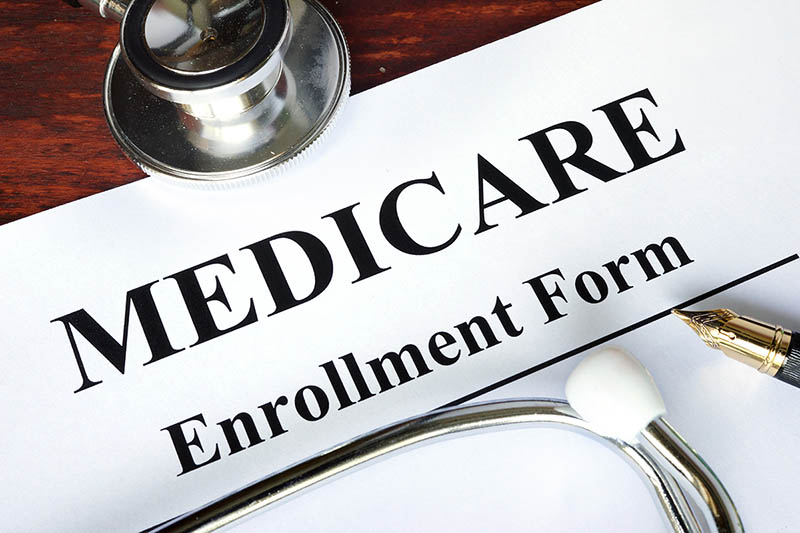What Is Preventive Care?
Preventive care can help you stay on top of your health.

Healthcare treatment and lifestyle choices that prevent certain diseases are typically referred to as preventive care. In the recent past, the healthcare industry has placed a greater focus on preventive care and its many benefits.
Keep reading to learn more about preventive care and how it can benefit you.
What is preventive care?
Preventive care helps prevent or lessen the risk of certain ailments. The purpose of this type of care is to prevent disease, illness, and/or injury, helping people to stay healthier through various treatment options and lifestyle choices. Under the Affordable Care Act, many preventive healthcare services are required to be covered by your health plan at 100%, meaning you should not be charged a copayment or coinsurance.
Some of the most common types of preventive care include:
- Annual physicals and some doctor visits
- Well-child checkups
- Immunizations
- Screenings for cancer, high cholesterol, and high blood pressure
Statistics about chronic diseases
According to data published by the Centers for Disease Control and Prevention (CDC), 51.8% of adults in the United States had at least one chronic condition or disease in 2018. In the same year, 27.2% of American adults had multiple chronic conditions.
Examples of chronic conditions include stroke, heart disease, lung disease, cancer, diabetes, chronic kidney disease, osteoarthritis, and Alzheimer’s. Chronic diseases like diabetes can reduce the quality of life for patients and their families, and they are the leading drivers of the costs of healthcare in the U.S.
How preventive care can help
It’s no secret that chronic diseases are costly and challenging to manage on all sides. But identifying the warning signs early on and making lifestyle adjustments can contribute to a healthier life. Preventive care can help identify illness and disease before it progresses and is more cost efficient because preventive services are covered by your health plan.
Your provider can perform routine health screenings to look for early signs of certain health conditions. Early intervention and treatment can make a big difference in the outcome of the diagnosis. For example, if you undergo a screening for cancer and your doctor identifies cancerous cells early on, the treatment options are more extensive and often more successful.
Related: What You Need to Know About Health Screenings
If you haven’t been keeping up with the necessary preventive care based on your age group and risk factors, now is the time to make a change. Take time to review this list of recommended preventive services for adults and children, and schedule an appointment with your primary care provider to lessen your risk of dealing with a range of health conditions.
Related: Get the Preventive Care You Need






